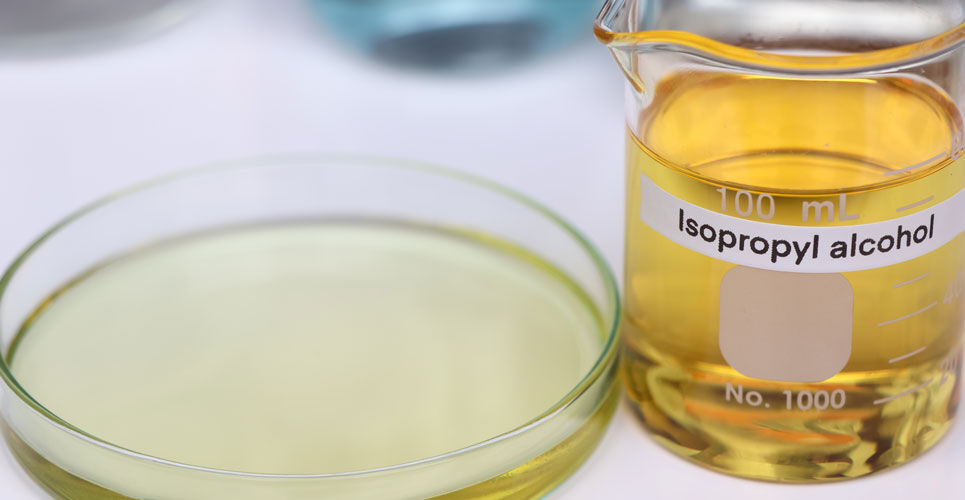Inhaled isopropyl alcohol may represent a useful treatment for the emergency department management of patients with nausea and vomiting.
Nausea and vomiting were responsible for 1.6 million US emergency department (ED) visits in 2007. Current antiemetic drugs including ondansetron and metoclopramide are effective. Despite this, evidence to support the efficacy of one drug over any other is lacking.
There is some evidence that inhaled isopropyl alcohol (IPA) appears effective for post-operative nausea and vomiting (PONV). For example, 70% inhaled IPA is more effective than promethazine in PONV. But how well inhaled IPA compares to other anti-emetics is currently unknown.

The present meta-analysis searched for trials using IPA to treat adult ED patients with nausea and vomiting. The primary outcome was set as a change in nausea severity, measured by a validated scale.
Inhaled isopropyl alcohol and nausea reduction
Only two trials with a total of 195 patients met the inclusion criteria. The pooled decrease in nausea severity was 2.18 on a 0-10 scale, favouring inhaled IPA over placebo. A further trial comparing inhaled IPA and oral ondansetron did not meet the inclusion criteria but was useful for a secondary analysis. This analysis found a similar decrease in nausea (2.16).
There were no differences between inhaled IPA and placebo for the number of vomiting episodes.
The authors report that the available evidence suggests that inhaled IPA significantly reduces self-reported nausea in patients presenting to the ED with the condition. However, they note that only 275 participants have evaluated the intervention, adding the need for larger trials of the intervention.

